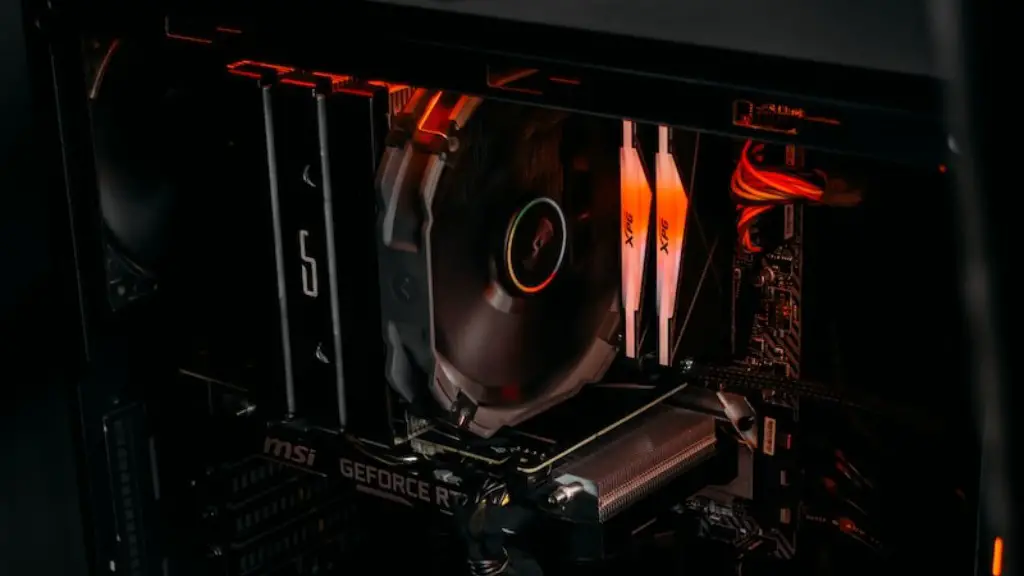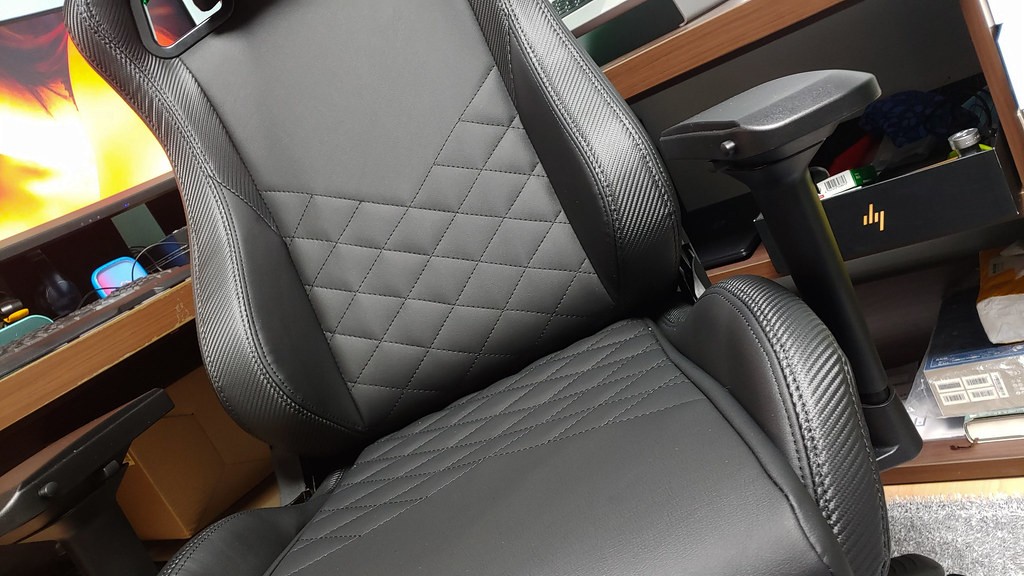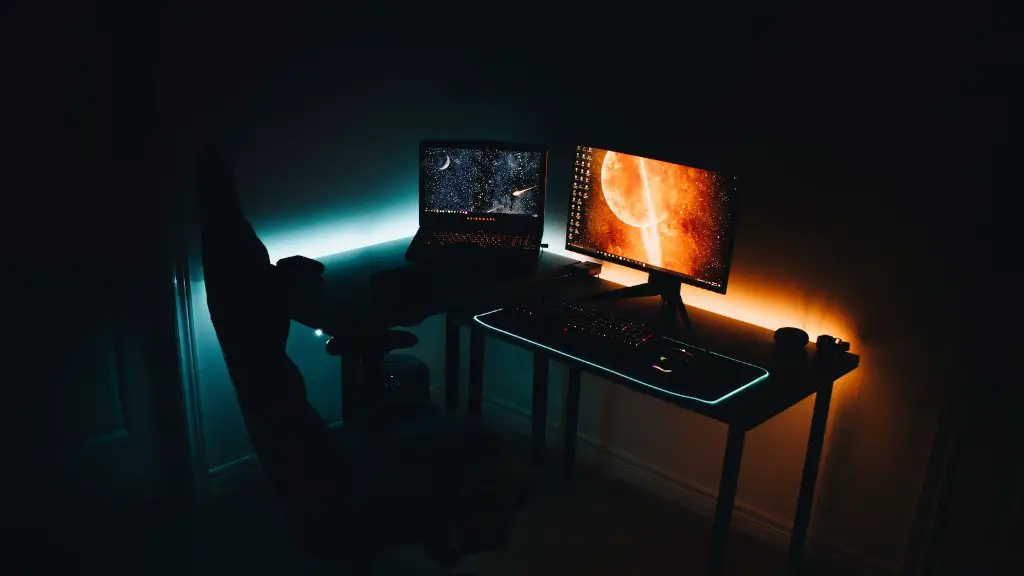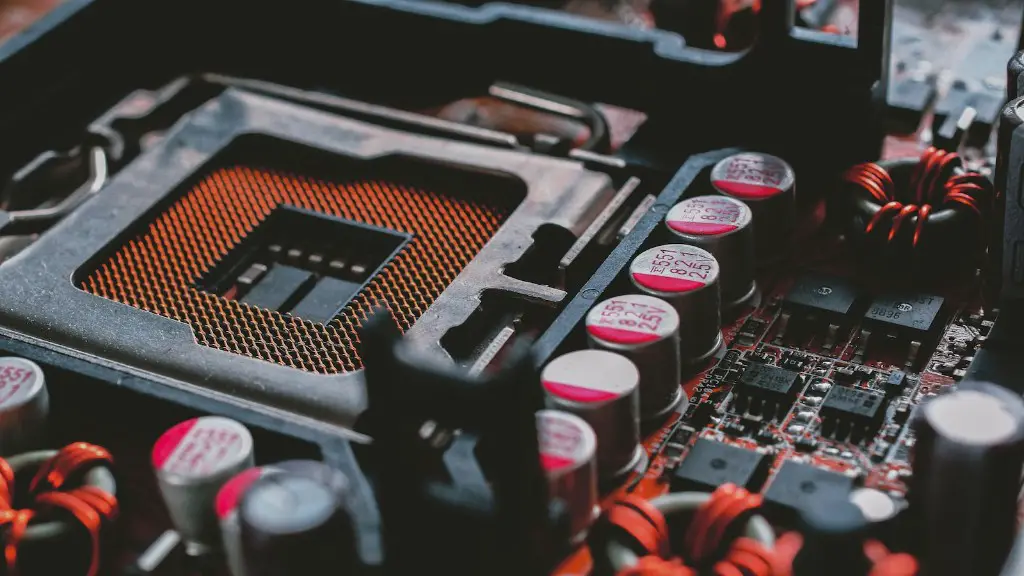A cheap gaming PC is an affordable way to get into gaming but still get a decent machine capable of good frame rates, graphics and smooth play. The question is, what’s a good gaming PC configuration operating on a tight budget?
To build a cheap gaming PC that can deliver a somewhat satisfactory experience, you’ll need the right combination of hardware components. A fast processor, an SSD, the right RAM, and a good graphics card are necessary elements. The good news is that it’s possible to build a budget gaming PC without sacrificing too much on performance.
First and foremost, when it comes to processors, Intel’s latest CPUs can offer you plenty of bang for your buck. While a flagship processor would be nice to have, that’s not typically necessary for a performance-class gaming PC. Intel’s Core i5 series such as the 10400F or the i5-9600KF offer great value for money.
Then, when it comes to storage, an NVMe M.2 SSD is a worthwhile choice for budget gamers. Not only will this offer speeds much faster than a traditional hard drive but it also requires no additional power, so any power savings can then be applied to buying a better graphics card.
RAM requirements vary by game but 16GB is usually a good starting point. The extra 8GB will give you more breathing room and room to upgrade, should any games require more Ram. Generally speaking, 3000MHz DDR4 RAM is a suitable choice here.
Speaking of graphics cards, you’ll want to choose one that offers both enough performance and pricing that’s in line with your budget. NVIDIA’s entry level GTX 1650 Super is a great budget graphics card, as is its bigger brother, the GTX 1660 Super. AMD’s Radeon RX 560 is also an option with slightly lower performance.
Finally, no gaming PC is complete without a good quality motherboard. While there are several components on your machine, it’s the motherboard that houses them all together, so choose wisely. Make sure your motherboard has sufficient slots for all the components you plan to use, as well as SATA ports for additional storage.
Types of Gaming PCs
A cheap gaming PC can come in many forms, and depending on your budget, you can build a machine in any of these three major categories: pre-built, self-built, and boutique. Each has its own merits and drawbacks, and while you may be lucky to pick up a bargain pre-built system, they often lack the performance capabilities of a self-built or a boutique PC.
A pre-built gaming PC is usually the most economical choice because it’s ready to use out of the box. However, it’s often limited in what you can upgrade since most of the parts are custom fitted and in some cases, proprietary. On the flip side, if you opt for a self-built gaming PC, you will have much more freedom to upgrade and reconfigure components. With a custom built setup, you can pick and choose which parts you want and design it to your own specifications.
Finally, there’s the boutique gaming PC route. This is the most expensive option but also the most feature-rich. Typically, you buy components from one of several specialized and experienced gaming boutique companies. These components are often more expensive and often more powerful than what you’d find in an off-the-shelf PC, but they also provide better longevity.
Cooling
Cooling is an essential part of any gaming PC, and it’s especially important to make sure a cheap gaming PC is properly cooled. Without proper airflow, all the components are vulnerable to running too hot and experiencing hardware failure. That said, you can still get away with investing a minimal amount of money into cooling solutions.
Air cooling is the most economical choice, but if you want to be a bit more adventurous, liquid cooling is also an option. The latter is more effective and efficient, but it’s also more expensive and more difficult to install. Ultimately, it comes down to personal preference, but you should at least consider investing in a good air cooler for your budget gaming PC.
Other budget cooling solutions include fans, as well as heatsinks that can be placed onto specific components to help prevent overheating. The latter is especially important if you plan to overclock any of your hardware, since higher clock speeds generate more heat.
Peripherals
Finally, no gaming PC setup would be complete without the necessary peripherals. Although these won’t directly affect performance, they are all key components in the overall gaming experience. A decent gaming keyboard and mouse should be at the top of your list, followed by a comfortable gaming headset for immersive audio. You may also want to look at investing in a monitor and mechanical gaming mouse pad for further comfort.
A few other budget gaming peripherals worth considering include an external hard drive for additional storage and a web cam for online gaming and video-conferencing. These don’t have to be brake-the-bank expensive, but they do need to be of sufficient quality to deliver the desired effect.
Upgrading Your PC
No matter how well you build your budget gaming PC to begin with, one of the great things about PC gaming is how easily and cheaply you can upgrade components later on. You’re sure to find that some games will be too demanding for your current configuration, so it might be wise to opt for components that are slightly above your minimum needs to head off any unnecessary gaming slowdowns.
Once you’ve got your gaming PC setup and it’s running smoothly, you can then start looking at upgrading to more powerful components as and when necessary. As mentioned before, cooling solutions are also something to consider upgrading, as you may find your gaming machine running too hot without sufficient airflow.
Conclusion
Building a budget gaming PC can be a fun and rewarding experience that doesn’t have to break the bank. With the right knowledge and components, you can build a machine that’s capable of providing satisfactory gaming experiences for years to come. Much of the hardware mentioned above is available for a reasonable price, and you can even opt for components that offer good performance but are slightly above the minimums you require.
Tips for Building a Cheap Gaming PC
When building a cheap gaming PC, there are a few tips to keep in mind. Firstly, buy components that are compatible with one another, since that will make the build go much more smoothly. Also, shop around for the best deals, since even small savings can add up over time. Finally, if you’re at all unsure of what you’re doing, read up on PC building guides or enlist the help of a knowledgeable PC builder, both of whom can help you pre-empt any issues before they become a problem.
Once you’ve gathered the necessary components, constructing a gaming PC itself isn’t too difficult. Lay all the components out on an anti-static sheet and follow the included instructions for installation. It’s also a good idea to test the machine once it’s built to make sure it’s running properly, as that can save time and frustration in the future.
Monitoring Your Setup
Having a budget gaming PC that can perform adequately and last a long time means monitoring your setup and making sure that all components are functioning as they should. This can include checking temperature levels, making sure everything is up to date with the latest driver updates and software patches and monitoring any hardware usage. In addition, keeping the inside of your machine dust free and preventing stress on the components is also key.
Also, if you want to save energy and money in the long run, it’s worth investing in a power supply that offers eco-friendly features. This type of power supply will be optimized to deliver the most power at the lowest possible wattage, thereby saving electricity and reducing monthly bills.
Maintenance and Troubleshooting
Finally, when it comes to keeping your budget gaming PC in top shape, regular maintenance should be carried out. This includes running disk cleanup, disk defragmenters, virus scanners, and other similar tasks, as well as keeping your operating system up to date. If any issues do arise, it’s always worth double-checking the configuration to make sure nothing is set incorrectly. If all else fails, turning off and restarting the machine can often help, as can completely uninstalling then reinstalling certain programs.




